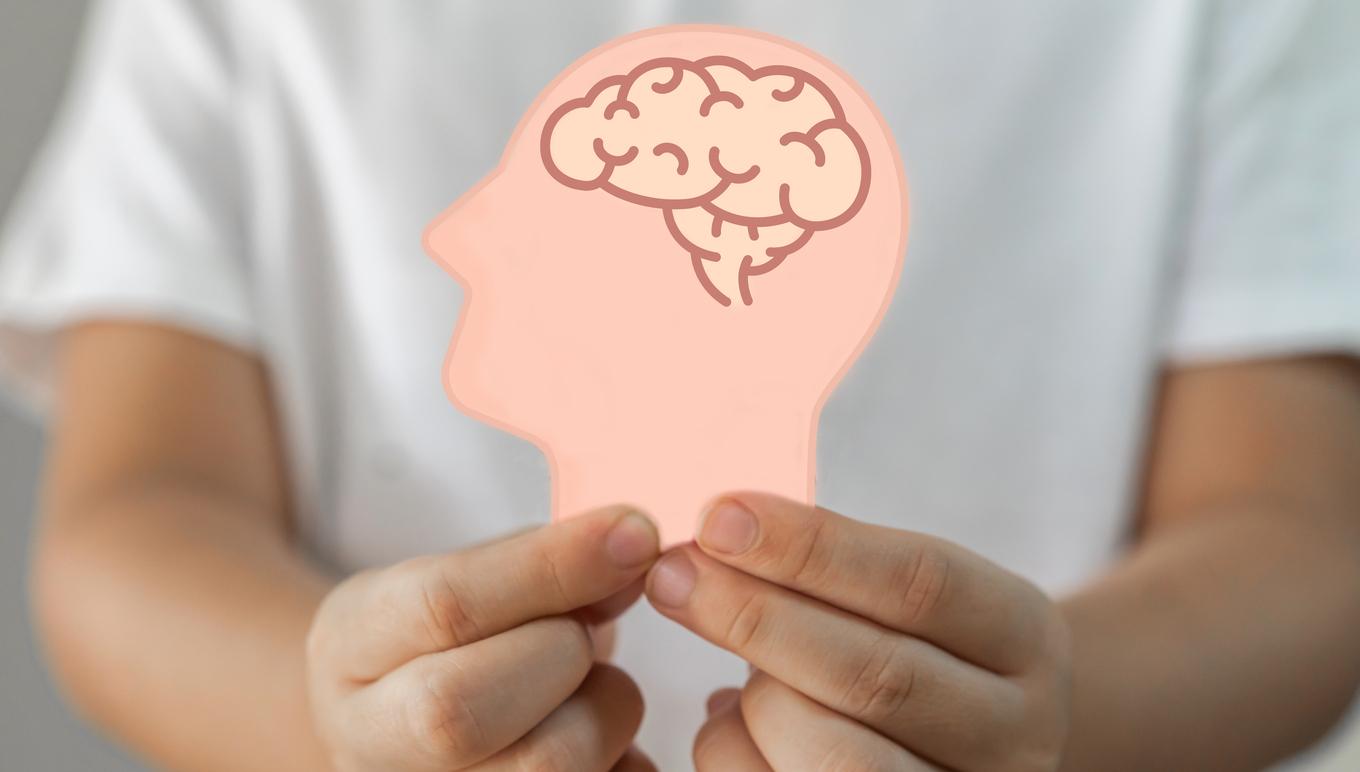The MIND diet is a diet that promotes good cognitive functioning. It was developed by researchers at Rush University in Chicago. This diet combines aspects of the Mediterranean diet (promoted to reduce heart disease) and the DASH diet (promoted to reduce hypertension). It focuses on the consumption of certain groups offood considered to be beneficial for the brain, such as green leafy vegetables, berries, nuts, fish rich in omega-3s, and foods rich in antioxidants. On the other hand, he recommends limiting the consumption of foods that can be harmful for brain health, such as red meat, stick butter and margarine, whole cheese, pastries and sweets, and fried foods.
First large-scale study to test the effectiveness of the MIND diet
To test the effectiveness of the MIND diet, a study was conducted by the Alzheimer’s Research Center at Rush. The researchers recruited 604 participants aged 65 or older, in overweightwith an unhealthy diet and a family history of Alzheimer’s disease, but no cognitive impairment at the start of the study.
The participants were divided into two separate groups: one following the MIND diet, and the other maintaining their usual eating pattern. Both groups were invited to reduce their calorie intake 250 calories daily, with the aim of promoting weight loss. The main objective of the study was to assess any cognitive changes in the participants.
The MIND diet improves short-term memory, but also raises questions
The researchers were surprised by the results of the study because although the MIND diet showed an effect positive on the operation of the brain of the participants, the control group also showed similar improvements. At the end of the study, magnetic resonance imaging (MRI) scans revealed a reduction in white matter hyperintensities and an increase in gray and white matter volume in both groups, indicating benefits for brain health, even in those who had not followed the MIND diet.
These unexpected results raise questions questions on potential factors that may have contributed to these cognitive improvements. Lisa Barnes, PhD, lead study author, associate director of the Alzheimer’s Disease Research Center at RUSH said: “The benefits of the MIND diet weren’t as impressive as we’ve seen with observational studies in the past, but improvements in short-term memory were still seen, consistent with the longer-term observation.She adds that after three years: “what we observed was an improvement in cognition in both groups, that of the MIND diet was slightly better, but not significantly.”
“People in the control group may have improved their diet against our indications”
Lisa Barnes shares her doubts about how the study went: “People in the control group may have improved their diets instead of sticking to eating instructions like they always have“.
Another important point to remember is that the reduction of 250 calories per day allowed a weightloss by 5.5% of body weight for all participants, exceeding the study goal by 3%. Professor Jennifer Ventrelle, the trial’s chief dietitian, is pleased with the improvement in the participants’ health, but is concerned that this general decrease in weight may have had a negative impact on the results of the study: The good news is that the study helped all participants improve on average, but unfortunately hampered the ability to detect significant differences between the two groups in this relatively short period of time.”
In the future, researchers want examine specific food groups and their associations with biomarkers that have been measured in the blood, to see if certain nutrients and food groups are more effective than others.
What foods are allowed on the MIND diet?
Good foods include vegetables (especially green vegetables such as kale and spinach which are all rich in vitamins A and C) but also nutsbeans (source of fiber and protein), whole grains (essential part of the plate), Fish (once a week at least), poultry, olive oil, and red fruits (especially blueberries). The MIND diet also allows one glass of wine a day (but no more) to maximize brain health.
Source :


















